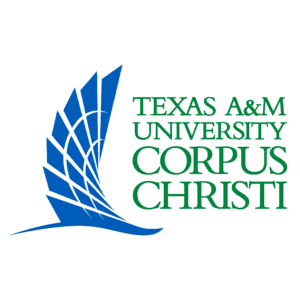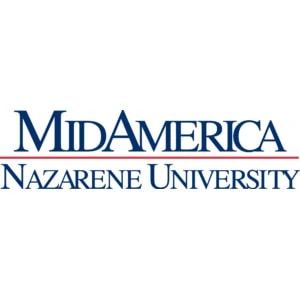Professional accreditation of counselor education programs are here to
stay.
At the “20/20: A Vision for the Future of Counseling” a group of three counseling organizations, with leaders including the ACA, AASCB and more, came together to insure the future growth and direction of the counseling profession. This group recommended, as the education requirement for licensure, graduation from a Council for Accreditation and Related Educational Programs (CACREP) accredited counseling program.
Three federal agencies and the Ohio state board have already made graduation from a CACREP accredited program a requirement for independent practice in counseling, and more federal and state agencies are considering making this a requirement.
When a counseling program undertakes self-assessment to become CACREP accredited, it indicates that the persons responsible for the program have articulated a clear direction or mission for the program and are taking the time to reflect on the means they are using to accomplish that mission.
This self-evaluation entails an assessment of the program’s resources, objectives, strengths, and limitations with the ultimate purpose of improving the educational effectiveness of the program.
CACREP Accreditation provides recognition that the content and quality of the program has been evaluated and meets standards set by the profession. The student, as a consumer, can be assured that appropriate knowledge and skill areas are included and that the program is stable, professionally and financially (CACREP 2016).
Students are demanding this requirement because they understand the door is closing on job opportunities for applicants not graduating from a CACREP-accredited program. Research also shows that CACREP graduates perform better on the National Counselor Examination (NCE) for Licensure and Certification. Many of the best professional opportunities already require or “strongly prefer” CACREP graduates.
Many of the best instructors also want to work at CACREP institutions. Not having CACREP accreditation may prevent you from hiring the best
qualified professional for your program.






